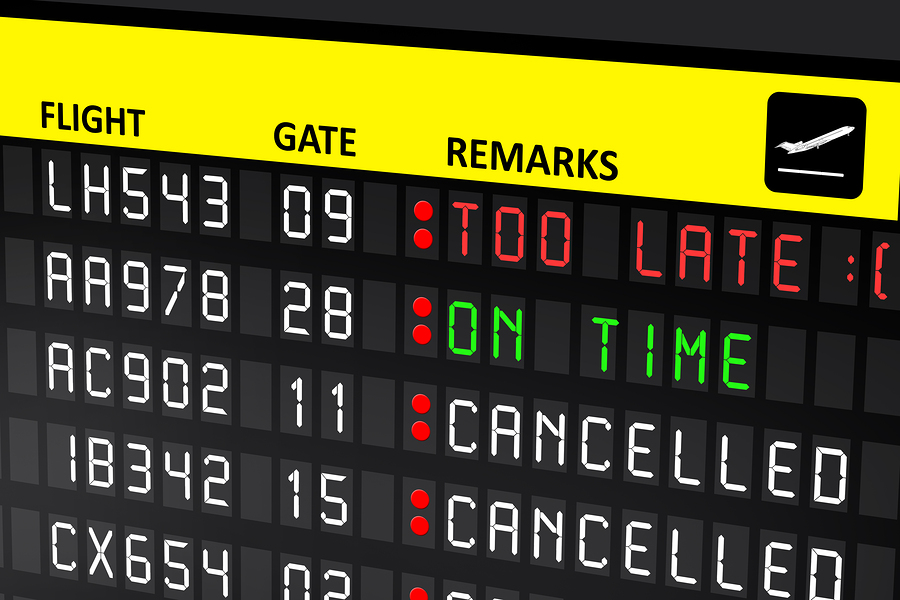For the last few years I’ve used the forty days of Lent as an auditory discipline. I try to listen to one collection of music during the entire season. This year’s choice was Franz Joseph Haydn’s “The Seven Last Words of our Savior on the Cross.” I listened to the string arrangement performed by the Callino Quartet.
First performed in a somber setting on Good Friday 1787 in Cadiz, Spain. Years later Haydn himself was asked to write a preface to a new publication of the work and he described the first performance with these words:
The walls, windows, and pillars of the church were hung with black cloth, and only one large lamp hanging from the center of the roof broke the solemn darkness. At midday, the doors were closed and the ceremony began. After a short service the bishop ascended the pulpit, pronounced the first of the seven words (or sentences) and delivered a discourse thereon. This ended, he left the pulpit and fell to his knees before the altar. The interval was filled by music. The bishop then in like manner pronounced the second word, then the third, and so on, the orchestra following on the conclusion of each discourse. My composition was subject to these conditions, and it was no easy task to compose seven adagios lasting ten minutes each, and to succeed one another without fatiguing the listeners; indeed, I found it quite impossible to confine myself to the appointed limits.
Haydn considered this work his finest composition. Whenever it was performed he insisted that the words of Christ be spoken as part of the performance. In recent years that practice has, unfortunately, not been followed very often. Even the recording I used only went from song to song.
My Experience
Since the recording did not indicate which saying was being interpreted I tried to say aloud the appropriate saying during each section. That alone is quite a meditation.
Then I tried to imagine the extraordinary creativity it took to compose it. I’m not a composer so it is even harder to comprehend how such music could develop in one’s mind. Imagine taking one of the most dramatic scenes in the Gospels and create music that expresses the mood, emotion, drama, and pathos of the events. But Haydn was gifted by God to do so. Two hundred and thirty one years later I was blessed by those efforts.
In Sonata Five, “I Thirst”, the music is slow and melodic in the beginning, but at the one minute mark the intensity of a painful thirst is driven home. (listen for yourself here.)
After forty or so minutes of music it ends with “Father, into your hands I commend my spirit.” One might think the concert is finally over and time to go home. But no. Instead Haydn ends the entire piece with a short, less than two minute, explosion played fortississimo (triple forte…ƒƒƒ…or really loud). The title of the piece is “Il terremoto (Earthquake) in C minor.” After the melodic and somber sections before it, the sounds feels like an earthquake. Below is a video of an ensemble performing it beautifully (the applause at the end of the video lasts for over a minute).
Take Away
Focusing for forty days on anything is a journey of delight, boredom, distraction, understanding, and ultimately focus. A veritable smorgasbord for the soul. To be able to think, and look forward to thinking, about the Cross every time I got in the car or flew on a plane is impossible to put into words.
I can only say “He is Risen.” And because He is, I am forgiven. “He is risen indeed!”



 Three Reasons It’s Not Too Late to Submit
Three Reasons It’s Not Too Late to Submit

Interesting post, Steve, and this is a perfect choice for Lenten meditation.
I think that meditation on music can be a great help in the writing process. Two personal examples:
Howard Hanson’s Symphony #2 has one of the few ‘big endings’ that I think really works; It’s something akin to climbing; there’s a steep and tension-filled ascent to a false summit, followed by a ‘step’ on which to rest, and then the energy-filled final push to the true summit, high in its terrible glory. An apt metaphor, perhaps, for how a well-told tale should end.
The opening bars of Prokofiev’s Piano Concerto #1 are an irresistible reminder of Eero Saarinen’s masterful TWA terminal building at JFK. It sets a mood for the time, and for the hopeful romanticism of the years before everything in this country started going nuts. It’s a personal thing, but it puts me into that time and place of innocent optimism, which is so hard for this writer’s mind to recreate in any other way than through the viscerality of music.
Meditation on music can be pretty important for life, too. In these days when pain allows no more than ten minutes of an eerie, nightmare-filled doze at a time, it hurts in too many places to deal with, and sometimes it feels like one should weep, and somehow quit, it can seem fatally overwhelming. This cup, it seems, will not pass from me.
But then I turn to John Fogerty, and his classic “Almost Saturday Night”.
https://www.youtube.com/watch?v=zbRoEe0r1Xc
I should weep for all that is, will be and has been lost, but I wanna rock.
On the subject of musical meditation (and I hope adding this second comment isn’t considered spamming), the music video for “Can I Be Me” by Prayz1is something with which all writers can probably identify.
The first few minutes are a sendup of every “Why you’re not right for our record label” discussion, and a line in the song is “I’m not trying to please the gatekeepers, I’m just trying to please the King.”
https://www.youtube.com/watch?v=cXuEhg8krEc
Selections from The Seven Last Words were performed on Spring tour by some in the music department when I was a freshman in college (I was in the choir). I loved listening to every performance. It was majestic. It speaks to the glory of God.
Nice hearing how you incorporated it into your spiritual discipline during the season of Lent. Wonderful.
Stunning and very beautiful.
I love music and will relish this at my leisure. I cannot do lent without Bach’s Passion According to St. Matthew and the closing “Here Yet A While.” Never fails to give me goosebumps.
When in college, I sang with the Oratorio Society at Bethany College in Lindsborg, Kansas. The Messiah on Palm Sunday and Easter, The Creation on Wednesday and Bach on Friday. Those were the days. It’s amazing what a composer can bring forth when under the influence of the Holy Spirit.
Handel, Hayden, Bach and Handel again. Rich music to stir the spirit.
Thank you for sharing you Lenten discipline with us.
*** edit! *** your Lenten discipline…